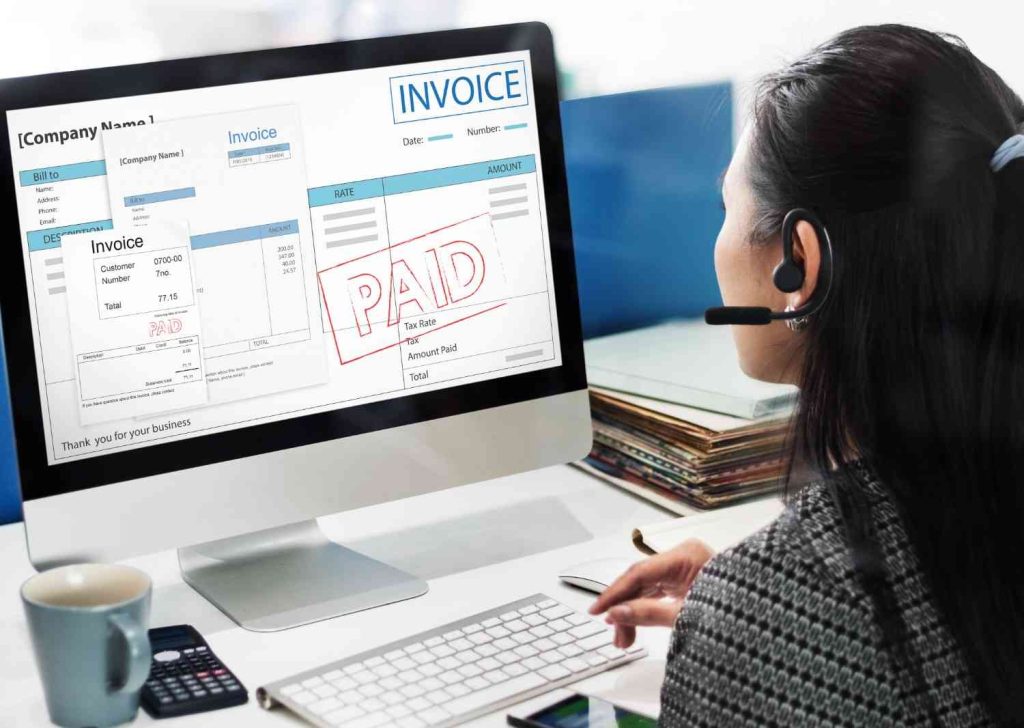UAE eInvoicing 2026: Everything Businesses Need to Know About Compliance and Benefits

The UAE will introduce mandatory eInvoicing by 2026, aligning with international tax compliance standards and enhancing business transparency, marking a significant step towards digitalizing business operations and tax compliance.
This initiative aims to streamline invoicing processes, reduce errors, and enhance transparency in business-to-business (B2B) and business-to-government (B2G) transactions. As businesses prepare for this change, understanding the mechanics, benefits, and challenges of eInvoicing will be crucial to ensuring a smooth transition.
What is digital invoicing UAE?
EInvoicing is the electronic creation, submission, and storage of invoices, eliminating manual or paper-based processes. It ensures compliance with UAE tax regulations while improving efficiency and accuracy.
With eInvoicing, traditional invoicing is replaced by technology, thus reducing errors and enhancing record-keeping while supporting transparency. It is aligned with international best practices, reflecting the UAE’s commitment to advancing its digital economy.
Key components of the UAE e-invoicing system include:
- Digital Invoice Generation: Invoices in standard formats.
- Automated Submission: Submission is directly made to the FTA through an Accredited Service Provider.
- Digital records, which are more easily accessible and auditable.
This initiative is aligned with global trends and enhances business operations through streamlining processes, error reduction, and transparency.
2. How Does eInvoicing Work in the UAE Tax Compliance?
The UAE eInvoicing system works through a structured process designed to ensure UAE tax compliance and accuracy:
- Invoice Generation: Corporates generate electronic invoices in a standardized format.
- Submission through ASP: Invoices are submitted through an Accredited Service Provider, thereby ensuring proper documentation and authentication.
- All the submitted invoices will be automatically integrated with the Federal Tax Authority to ensure there is real-time transparency with accuracy in taxation.
The system covers the following transactions:
- Business-to-Business (B2B): Enhancing trade between businesses.
- Business-to-Government (B2G): Making invoicing for government projects easier.
This integration ensures that all enterprises operating in Dubai and UAE follow the VAT tax regulations specific to Dubai and maintain an uninterrupted operational flow.
3. Benefits of UAE’s eInvoicing System
The implementation of eInvoicing brings several benefits for businesses and the economy:
- Enhanced Tax Transparency: Simplifies corporate tax Dubai reporting, ensuring accuracy and reducing discrepancies.
- Efficient Compliance: Automates process according to Dubai corporate tax law.
- Paperless Economy: Supporting the vision of sustainability and innovation within the UAE by eliminating paper-based practices.
- Revenue Optimization: It reduces tax gaps and supports government collections.
- Global Competitiveness: It brings Emirate businesses up to international best practices, making them more appealing in global markets.
Cash management for businesses adopting eInvoicing will improve, aligning with the recent changes in Dubai corporate tax rates
4. Responsibilities of Business for Tax Compliance UAE
Businesses need to follow the UAE’s eInvoicing regulations.
- Collaborate with Authorized Service Providers: Work with UAE Accredited Tax Service Providers to ensure the submission of invoices.
- Adhere to Standardised Formats: Produce invoices in formats sanctioned by the FTA.
- Deadlines must be met: Timely implementation to avoid penalties.
- Steps to Prepare for 2026: Perform a gap analysis to determine the areas requiring enhancements.
- Invest in training for staff and digital infrastructure.
Engage reputed tax consultants in Dubai such as JAXA Chartered Accountants to facilitate a seamless transition
5. Issues of eInvoicing and Solution
Although advantageous, eInvoicing may pose specific difficulties:
- Initial Costs: Installing technology and training may be very taxing to small businesses.
- Cybersecurity Threats: Protect data integrity in the cyber world.
Solutions:
- Partner with specialized external tax service providers to reduce initial costs.
- The complete implementation of cybersecurity protocols ensures safe confidential financial information.
- Consult with companies such as JAXA to help navigate the technical and regulatory complexities.
All these challenges can be avoided through anticipatory strategies and aligned to the United Arab Emirates’ vision of digital tax compliance.
Conclusion
This eInvoicing effort is one of the most giant strides in the modernization of taxation and business operations. With auto-invoicing, transparency, fewer errors, and a fair business environment prevail. Businesses should act now to be ready for the rollout in 2026.
Consulting with trusted VAT consultants in Dubai like JAXA Chartered Accountants makes compliance easier, and they can help businesses maximize benefits from this transformative system.
Prepare today for a smarter tomorrow. JAXA makes tax and compliance easier by simplifying complex processes.